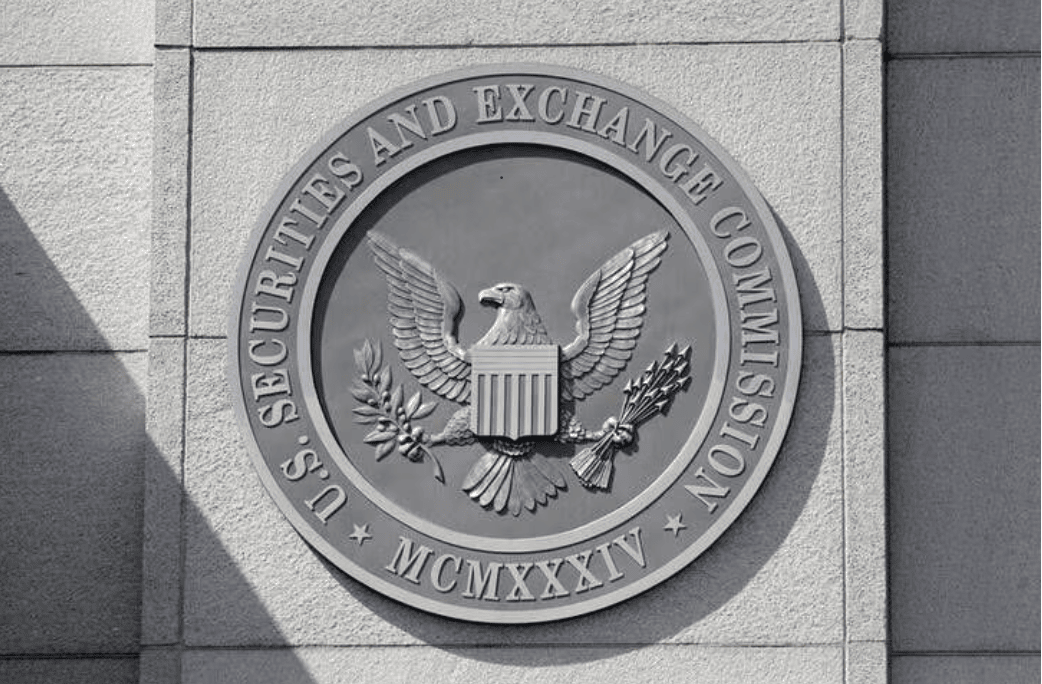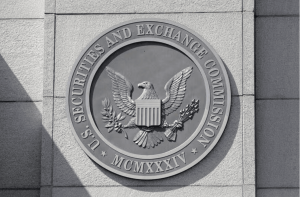Join Our Telegram channel to stay up to date on breaking news coverage
The United States Securities and Exchange Commission (SEC) has recently made headlines by rebuking cryptocurrency rulemaking. Additionally, the government has denied Coinbase’s petition, which aimed to permit the exchange to offer lending products. This is because the SEC believes that the current cryptocurrency market is too unpredictable and volatile to provide a safe environment for investors.
The SEC also believes that the lack of regulation in the cryptocurrency market could lead to price manipulation and other fraudulent practices. These developments have sparked debate within the crypto community and raised concerns about regulatory uncertainty and stifled innovation.
Rejection of Immediate Crypto Rulemaking
The SEC’s dismissal of imminent crypto rulemaking has disappointed many who hoped for clearer guidelines to navigate the rapidly evolving digital asset landscape. While some believe that regulatory clarity is necessary to foster investor protection and market stability, the SEC argues that the existing regulatory framework is sufficient for addressing crypto-related issues.
The agency emphasizes the importance of balancing innovation with investor safeguards, suggesting a cautious approach to avoid impeding technological advancements.
Coinbase’s Petition Denial
Coinbase, one of the largest cryptocurrency exchanges in the United States, recently sought SEC approval to offer lending products. The exchange aimed to introduce a new feature that would allow users to earn interest on their digital assets. However, the SEC expressed concerns over the classification of these lending products as securities and rejected Coinbase’s request.
The SEC felt that Coinbase had not provided sufficient information to adequately demonstrate that the products would not be subject to securities regulations. Coinbase was also not able to provide satisfactory answers to the SEC’s questions about the safety and security of its systems and the potential risks posed by its proposed products.
The decision has sparked a broader discussion about the regulatory oversight of decentralized finance (DeFi) platforms and the potential impact on innovation within the sector.
The SEC’s stance on crypto regulation has been a subject of ongoing debate, with critics arguing that the lack of clear rules stifles innovation and hampers the growth of the industry.
The absence of specific guidelines leaves businesses uncertain about compliance requirements and inhibits their ability to develop new products and services. Startups and entrepreneurs in the crypto space often face regulatory hurdles and legal challenges, leading some to explore more favorable jurisdictions abroad.
While differing viewpoints on crypto regulation are expected, it is essential for regulators, industry participants, and policymakers to engage in constructive dialogue and collaboration. This is necessary for creating a regulatory framework that is both robust and flexible enough to accommodate the broad range of cryptocurrency applications and use cases.
Finding a balance between protecting consumers and fostering innovation is critical for the industry’s long-term success. Clear and well-defined regulatory frameworks can provide a level playing field for businesses, protect investors, and foster innovation. The SEC should consider engaging with industry stakeholders to develop rules that strike a balance between encouraging innovation and ensuring market integrity.
The SEC’s rejection of immediate crypto rulemaking and denial of Coinbase’s petition highlight the ongoing challenges surrounding regulatory clarity in the cryptocurrency industry. The decision has sparked concerns about stifled innovation and uncertainty, which could potentially hinder the growth of the sector.
As the industry continues to evolve, it is crucial for regulators and market participants to work together to develop clear and comprehensive guidelines that promote innovation while safeguarding investors. Only through collaboration and constructive engagement can we create a regulatory environment that balances cryptocurrency potential with the need for consumer protection.
Join Our Telegram channel to stay up to date on breaking news coverage


